What exactly is career planning for your employees? In contrast to
general career planning , which is a bit simplified about how individuals should build competence and make contacts to get the careers they want, this is about mapping which direction your employees want to develop in, and matching this to what opportunities which is internally with you. As we see it, career planning for your employees is a two-part affair: It involves both employee development and succession planning. These are two different processes, but can also be two sides of the same coin.
Having control over what expertise your company has is important. It is also important to make sure that you have enough of this competence in the time to come, at the same time as you stick your finger in the ground and make up your mind whether this is the competence you actually need in the future. What skills do you really need in 1 year, 3 years or 10 years, to be a leader in your industry?
Have you possibly uncovered a competence gap? When you map this, you clearly see what you need, both in terms of positions, subjects and competence. You take this with you into the development conversation you have with your employees. What direction do your employees want to go, and what direction do you need them to develop in? The answers to these questions give your employees some specific development goals, goals they will work to achieve throughout the year.
Succession planning is about having a plan the day key people walk out your door, for the last time. Or the day a key person enters another position internally. For what do you do then? Who will take over these roles? When you have a plan for succession planning, you are prepared for these situations, and if you do it right, you can use this to both motivate and engage your employees. A smart way to do this is to include this in your employees' career plan. In this way, the employees clearly see what opportunities there are, and you also discover what skills and experience the employee must build to be ready for the various roles in your organization. By creating a clear and distinct plan for competence building, you will be able to motivate and retain good employees in your company.
Why is career planning so important?
Before you start a new process, it's important to think carefully about why you're doing just that. You should not start with career planning for your employees solely because we think it is a good idea, but you should familiarise yourself with what lies in the concept and which opportunities it gives you. You should also ask yourself the question "why not"? What happens if I don't make use of this?
Having a career planning plan can help your employees see a future for themselves in your company. Ambitious people want to develop, and that's good, but we prefer this to happen while they're staying with you.
Clarifying which opportunities your employees have and what it takes to reach these possibilities can be perceived as highly motivating. This will also cause your employees to both develop and build knowledge, and if this is not a win-win,then we do not know!
Additionally, recruiting externally is much more expensive than recruiting internally. It's also something to think about. Last but not least, there is the Employer Branding. This is about being an attractive employer. If skilled candidates know that they will have an opportunity to develop career-wise with you, this could tip the scales in your favour the day they are going to apply for a new job.
Integrate career planning into existing processes
The first step we would recommend you to make is to see how you can integrate career planning into your existing processes. We assume that you are already conducting appraisals, and this is a process where it will be natural to take career planning into account. Here, career planning will result in specific competence goals, goals your employees must work actively to achieve.
In order to make this work in the best possible way, it is important that the result of the appraisal is not to collect dust hidden in a drawer, but that this is a living document, and that the goals are worked on all year round. And how do I get this done, you might be wondering? The answer to that is that you need to have a process that works, and preferably a system that supports this process.
If you are looking for a solution that supports this particular process, we would recommend that you take a look at the SAP SuccessFactors module Succession Planning and Employee Development. This solution helps you map the expertise you already have in your company, so that you can work more strategically and long-term with the development of your talents, by, among other things, focusing on career planning.
Communication is key!
Our latest tip revolves around communication: What to say to your employees and how? If you now want to start succession planning, it is important to think carefully about whether this should be an open or closed process. If one of your employees has sought out a position he or she would like in the future, and another colleague gets this particular position, it can quickly feel like a loss. To avoid this, proper and good communicationis absolutely essential . Here you need to be clear about why your employee did not get the desired position. Was it because a colleague had more or more accurate expertise? Or longer experience? If so, what does it take for the employee to qualify for the next round? If you do this right, a "loss"can be turned into further motivation and drive. It is important to choose your words wisely.
Good luck with your career planning!




